Whats stopping you from collaborating
This post looks at some of the reasons why you may not be collaborating
After lots of thought and backspacing on my keyboard, I’ve come up with 8 possible suggestions
I hope you will read through and send me some thoughts
This post is part of a mini-series looking at Coaches collaborating, why it’s important, why you may not do it and also how to be better at it. If you want to read my thoughts on why I try to collaborate and the difficulties I face click on this image before reading the rest.
– – – – – – – – – – – – – – – – – –
A coach recently asked me these 2 questions
1 “How do you think coaches should go about learning from other coaches? “
2 “What is blocking Badminton coaches from collaborating? “
– – – – – – – – – – – – – – – – – –
This post looks at the 2nd question, the tougher one.
It’s been stuck in my head for the last 3 weeks. I’m struggling to know if I should publish this post as it could be seen as negative or an attack on those who don’t seek interaction with others.
I’ll start with a question, as always 🙂 …..
Do you think that some coaches & parents struggle to collaborate, and if so, why is that?
I’ve been told many times that the majority of your development will happen after your Coach education course has finished. However, I was never given the tools or even the ideas about how to go about doing that! I guess that there are several you could use, including self refection, self-development and of course, Collaboration with others.
– – – – – – – – – – – – – – – – – –
Reasons for not collaborating
These 8 possible reasons are my initial thoughts. Do you recognise any of them, would you add any more?
1 Your Coach education: you were not taught how
2 There is no one to ask
3 People fear of the unknown
4 “It worked for me”
5 You don’t have enough Time
6 The information is out there so you just copy
7 You suffer from Imposter Syndrome: “people will know you don’t know!”
– – – – – – – – – – – – – – – –
1. Coach Education: have you been encouraged?
 Is it encouraged and prioritised on Coach Education programmes? Have you been given ideas and methods on how to collaborate?
Is it encouraged and prioritised on Coach Education programmes? Have you been given ideas and methods on how to collaborate?
You may have been taught/shown how to coach badminton movements/tactics/strokes. You may have spent hours looking at lesson planning and practice progressions. But, did you discuss how to learn from other coaches: what to observe, how to engage with them, how to evaluate what you observed?
If you are to continue your development away from formal education then I think you need the skills. Skills that are more important than say, knowing what grip to use for deep xc backhands. Collaboration and reflective skills that continue your development for years after the course.
Lesson Planning and Class Positioning knowledge will only help you for a short while. Even if you are motivated you may start to struggle after 12 months when you realise that new coaches are generally undersupported by most NGB. You are on your own and you will need friends !!
If you live in one of the Countries that includes a section on Learning through Coach Collaboration, in your Coad Ed please let me know. I think we’d all like to know what they advised. Points no. 5 below is partly about this.
Tutors & Coach Developers, what are your thoughts on the value of including models designed to teach collaboration techniques
Do you think collaboration techniques should be included as part of Coach Education programmes?
– – – – – – – – – – – – – – – –
2. There is no one to ask
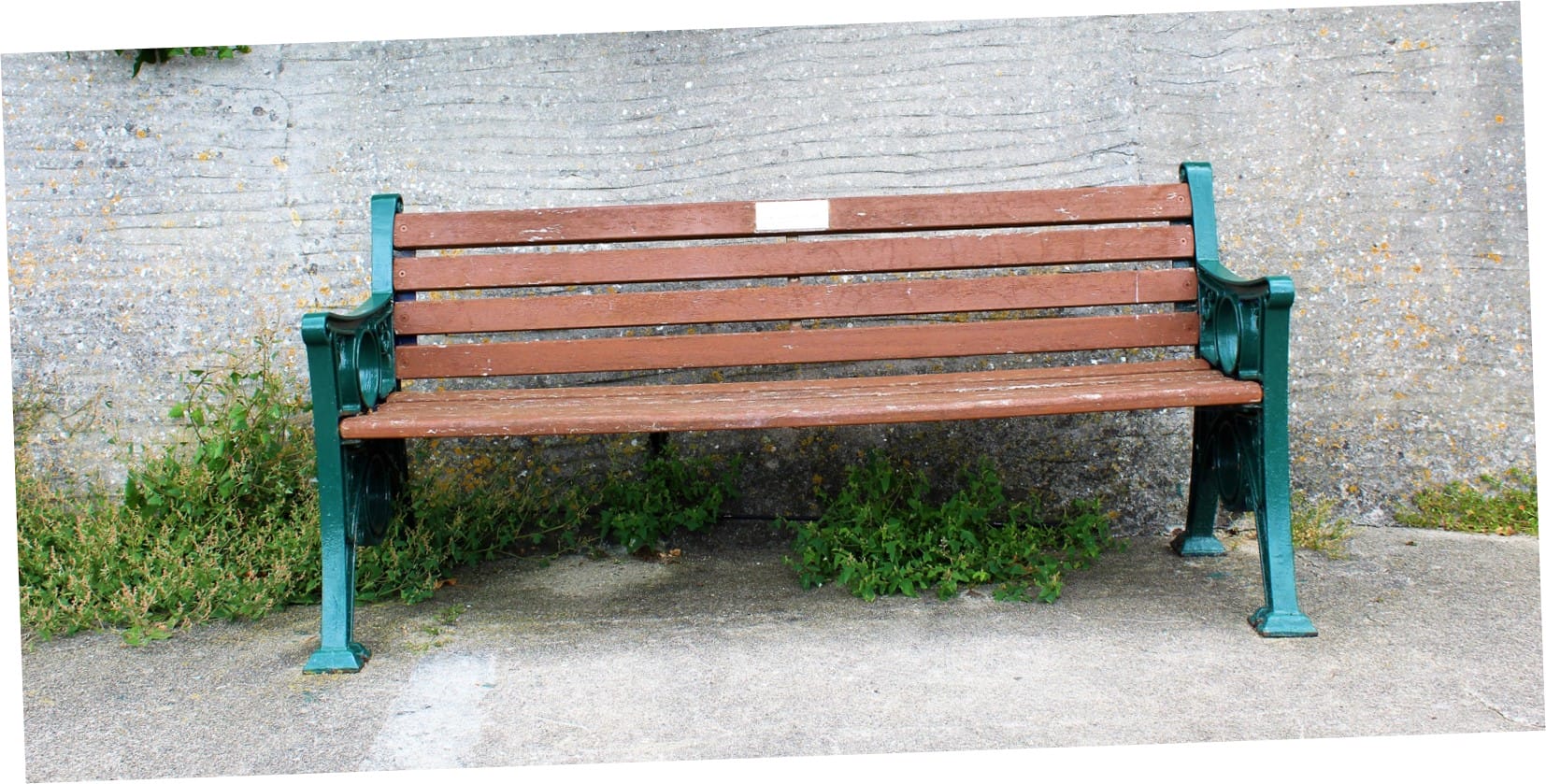 This is partly linked to the point above and to no. 5 below. I’ve often heard it said, “I don’t have anyone to talk coaching with”.
This is partly linked to the point above and to no. 5 below. I’ve often heard it said, “I don’t have anyone to talk coaching with”.
Ok, you may think that is true, but is it really that ahead to ask another coach a question? Do could send me one right now!
However, if you believe that all the coaches you know or see in your area won’t want to collaborate, then that’s your reality. Again I don’t take that view!
 You may get lots of rejections or people side-stepping your questions, but please persist. They could be just like you and are cautious of asking other people.
You may get lots of rejections or people side-stepping your questions, but please persist. They could be just like you and are cautious of asking other people.
If there really isn’t anyone else coaching in your area, then use Facebook and Badminton websites to comment or ask questions. Why don’t you find a website that publishes articles and ask a question, then comment and ask a question of your own!
Could you send a message to a friend right now, asking for their advice 🙂
– – – – – – – – – – – – – – – –
3. Fear of the unknown
Making a list of the things you don’t know can be frightening!
Especially if the list is titled: ‘How do I prevent (name the technical error) from happening” or “How do I improve decision-making skills” or ” What are the important early skills for 7-9 yr olds”. There were all on my list after 2 years of coaching.
The fear of realising that you ‘don’t know can easily stop you from trying any collaboration.
Get a pen and paper and write down a shortlist of the things you want to know more about right now.
Even after nearly 10 years of coaching my list of the things I didn’t know, but wanted to know, grew month by month. In fact, it’s still growing, after 30 years.
The fear of the unknown motivated me to react. I found a mentor who helped me to embrace the things I didn’t know. Reflecting back, I must have been a real ‘pain’ with all my questions.
These days it’s still the same process:
identify the issue, create a question, discuss with experts, share the enjoyment of learning 🙂
– – – – – – – – – – – – – – – –
4. “It worked for me”
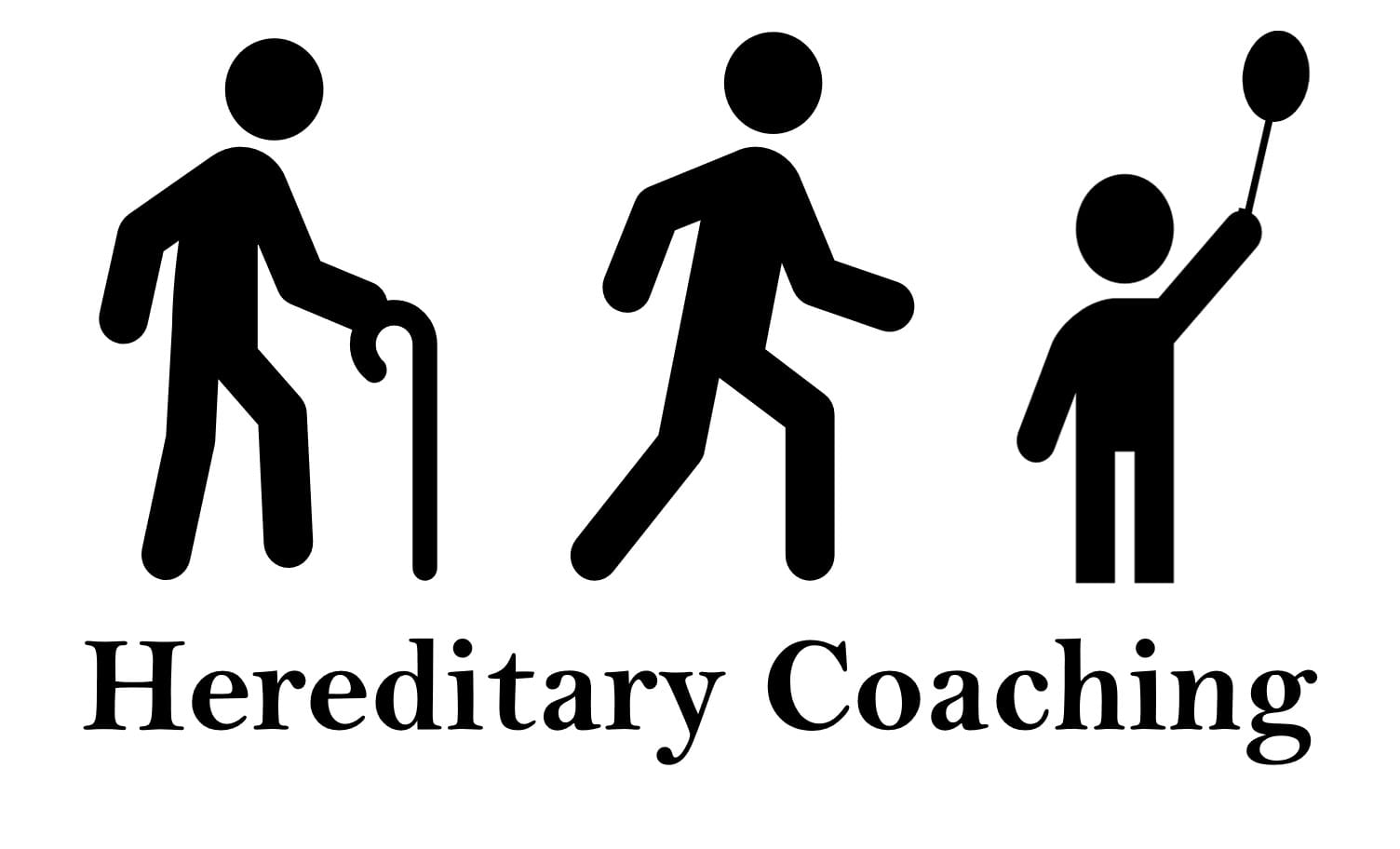 If you are a good player and now find yourself coaching, then surely it makes sense to repeat what worked for you.
If you are a good player and now find yourself coaching, then surely it makes sense to repeat what worked for you.
I’ve heard this many times. Coaches say “These practices help become a good player, so I use them”. “If it worked for me then it must work for the players I now coach”.
I call this ‘hereditary’ coaching, coaching in a way you ‘think‘ you were coached. If you are happy with your methods (the methods your coach used) then there is no reason to collaborate with anyone other than your old coach.
What do you think of this approach?
Are there any problems that immediately come into your mind?
Be careful if you find yourself referring back to the way you coached. Ask others to test you with critical questions. These should lead to an interesting conversation.0
It’s not wrong to coach the way you were coached, as it’s your choice. However, it is wrong to assume that it will work in all cases and produce the same outcome.
How far back in time can you accurately remember: what did you do when you were 9-12 years old?
Can you trust your memory over anything longer than a few months?
Listen to this for fun “Free Brian Williams”.
It’s an interesting insight into memory and recall by Malcolm Gladwell.
– – – – – – – – – – – – – – – –
5. Not Enough Time
I hear this from so many coaches – “I don’t have enough time to talk with others as I’m busy Coaching”.
Is this really your reality?
Can I suggest that you have a problem? Developing on your own will always be less effective than working with others. Try to find the time, or make your interactions short and specific. Quick conversations can be as good as 2 hours of deep discussion.
 Use something like Whatsapp where you could post a quick question. You and your friends can contribute whenever you have time. Please don’t let time be a factor in your development.
Use something like Whatsapp where you could post a quick question. You and your friends can contribute whenever you have time. Please don’t let time be a factor in your development.
My friends may take minutes or days to reply, it doesn’t matter to us. It’s the conversations and the ideas that matter. Why not create your own Coaching Whatsapp group and get started.
– – – – – – – – – – – – – – – –
6. The information is out there so you just copy
There is so much visual information on Instagram, Facebook, YouTube then why would you need to talk with a coach or expert. All the ‘answers’ are presented to you in short 10 – 60-second clips.
It’s obvious, copy what you see! Or should you?
The many coaching sites detail the ‘ideal’ routine (how many are multi feeding?) to develop that perfect technique. Some give more details than others and provide explanations, many don’t.
If you’ve read my previous posts you will have seen that I like the Badminton Family YouTube site. Take a quick look at this post to see what I mean. 6 Ways to Improve your High Serve
The Dangers
World Class players often post short 15 seconds clips of their daily training. Sometimes it features rapid hand feeding to improve net kills. Other times they roll up the net and feed underneath it !
Surely all you have to do is repeat that during your next session with your players and all will improve.
Be Aware and talk with your friends about these statements
.. You are only seeing a snapshot of the work these experts are doing, 30 seconds out of a 3 hour session, or an 8 hour day. What else are these ‘top’ players doing?
.. Will the practice really improve your player, or could it just reinforce the current techniques (good or bad).
.. Is it just keeping your players ‘busy’?
Be careful of just repeating what you see on Social Media
Talk with your friends, test if the practice produces the type of development that you’re seeking
– – – – – – – – – – – – – – – –
7. Imposter Syndrome
People see you as their coach, you are being paid to coach, you should know all the answers!
That’s on the outside, but inside your head, do you know what to do in every situation?
If you have questions or are unsure, how can you tell the person in front of you? You are THE COACH.
It is not uncommon to feel this way. It’s a psychological pattern in which an individual can have several doubts, one being the persistent internalised fear of being exposed as a “fraud”.
Do you ever feel this way, especially at times when you don’t know what to do or are challenged by a player or parent? What do you do next?
I recommend that you find someone to talk with.
Many coaches have felt the same as you do right now. Yes, they probably thought that they had run out of ideas within 2 years of passing their last qualification.
If it’s a question from the player that you have never considered, how do you reply? Again I recommend at these times you find someone to collaborate with. Tell the player you don’t know the answer, but will talk with someone who does. They will respect you for speaking the truth 🙂
If you are unsure about what to do, please don’t make up an answer on the sopt
Its ok, not to know 🙂



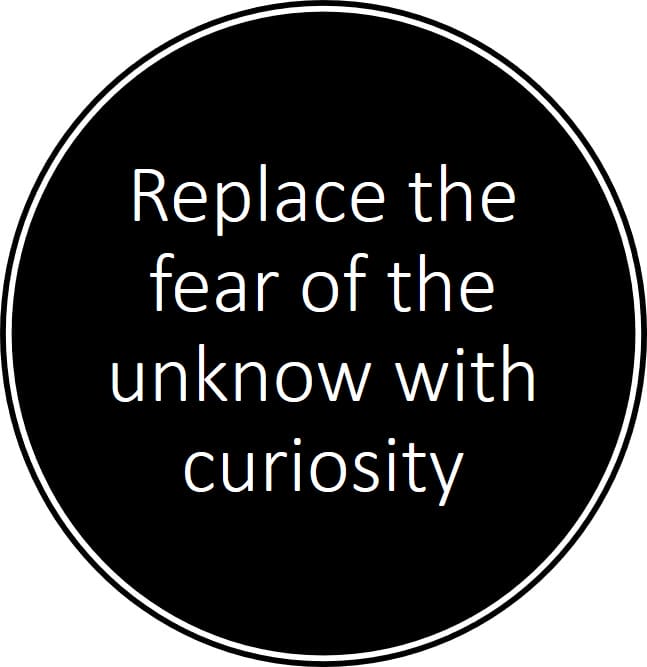


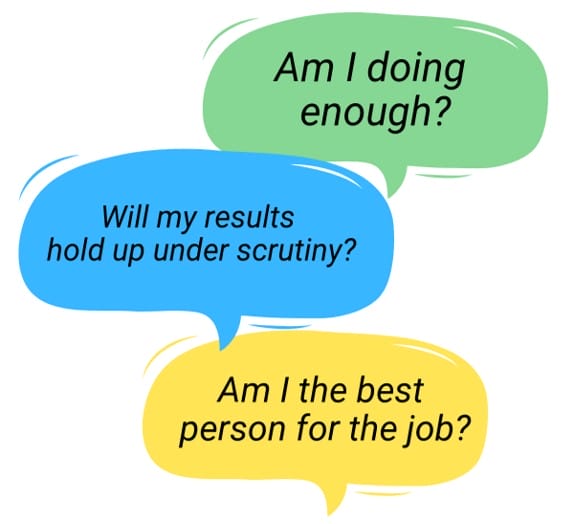
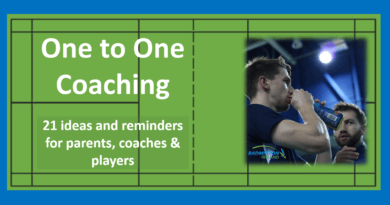
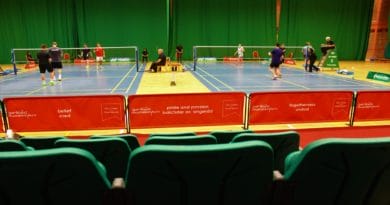
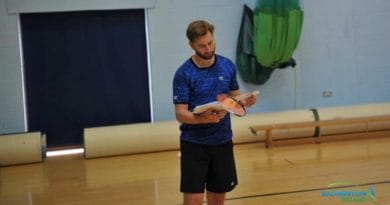
Hi Andy
As you know I am a coach and tutor. Recently I was delivering a shuttle time course to PE teachers who never played badminton. I felt there is nothing I haven’t seen or taught before. I demonstrated keep uppie and told them to keep their non-racket arm up and behind them. Then I asked the teachers to coach this drill.
A player kept dropping their non-racket arm usually I would tell the player to keep their arm up. So as the teacher was being the coach I stood back and observed to see would they address this. To my surprise they did but not just by telling the player to keep their arm up they hung a hula hoop from the non-racket arm and said now play keep uppie and don’t let the hula hoop fall.
I have since used this method furthermore I have used other props which have been great and some were not so good. By doing a review and evaluation of a session I find I don’t use the ones that didn’t work and maybe improve the ones that did.
I also find that most coaches want to pass on what knowledge they have not only to players but to other coaches.